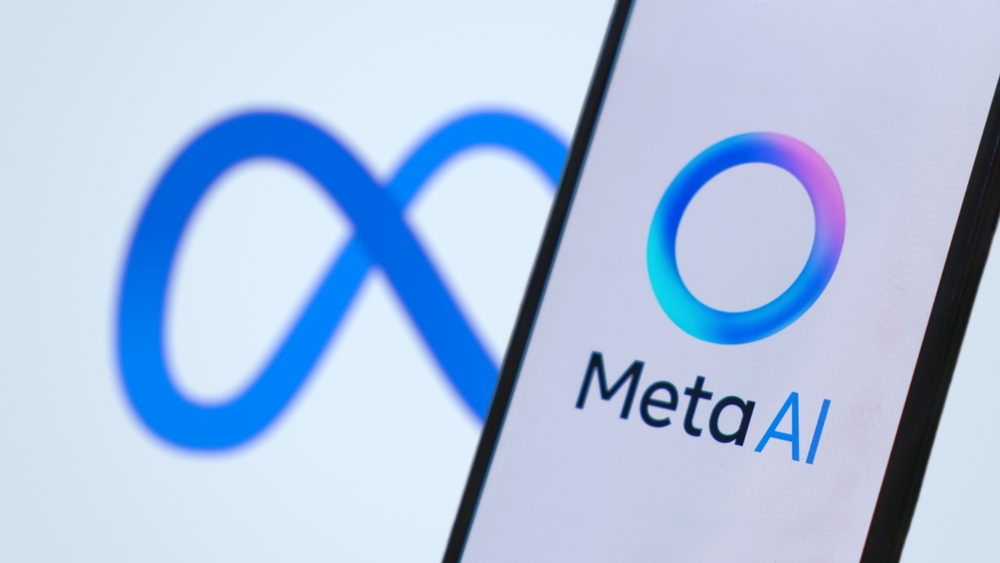Mark Zuckerberg announced that Meta is working on an AI system capable of automating the entire cycle of an advertising campaign. A business would only need to set a campaign goal, specify the desired budget, and connect a bank account — the AI system would handle the rest. A major part of this system will be the ability to generate and place thousands of test ads across Facebook, Instagram, and Threads.

Speaking at the Stripe Sessions conference in San Francisco, Zuckerberg referred to the tool as a “machine for achieving business results.” He also claimed it could become one of the most valuable AI developments to date. The idea was first introduced in an interview on the Stratechery podcast a week before the conference. According to Zuckerberg, the proposed system would function as a “black box,” running from start to finish without the need for human input. If successfully implemented, it could significantly reshape the digital advertising landscape.
Meta has already started integrating generative AI into its advertising tools. According to Zuckerberg, its current algorithms are now capable of identifying target audiences more effectively than advertisers themselves — removing the need for demographic specifications. The next step is using the same approach to produce ads: Meta intends to create up to 4,000 variations of a single idea, test them on real users, and select the best-performing version. We’ll keep you updated as more integrations become available.
Generative AI Raises New Concerns
While businesses may view such automation as a competitive edge, the user experience tells a different story. Meta’s platforms are already dense with generative content, ranging from images and comments to AI chatbots. With the potential addition of fully AI-generated ads, another layer of synthetic content is poised to spread across Meta’s ecosystem. This raises concerns about user attention being treated as a disposable resource in what resembles a vast experimental environment, notes NIX Solutions.
If it was once ambiguous who Meta’s real client is and who plays the role of the product, these developments remove much of that uncertainty. The boundaries between platform, user, and advertiser continue to blur.
Despite the rapid advancement of AI in advertising, some voices in the industry remain cautiously optimistic. Earlier this week, Johnny Hornby, founder of The&Partnership, argued in a published article that successful ad campaigns still require a human touch. Creativity, context, and emotional resonance, he suggested, are areas where people continue to outperform machines.
